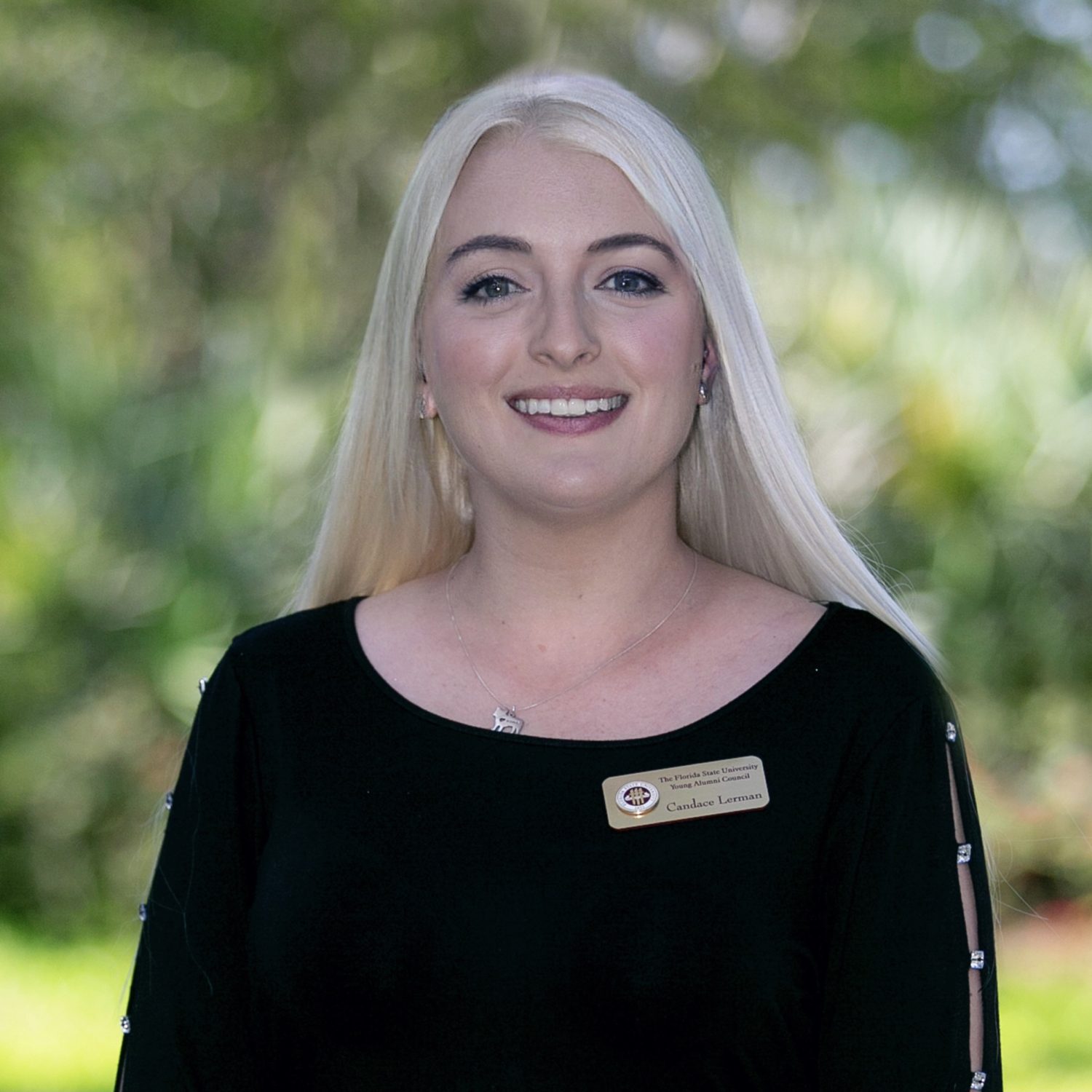
In 1983, Congress passed the Orphan Drug Act. The goal was to facilitate the development of drugs and devices to treat rare diseases. Within the legislation was a provision to establish an Orphan Products Board (OPB). The board’s purpose was to orchestrate action between government regulatory bodies, pharmaceutical companies and advocacy groups.
Here’s the kicker, the Orphan Products Board hasn’t been active since the mid 1990s. Yes, you read that correctly.
What are NORD and other high profile rare disease organizations doing for the rare disease community? Why are the groups that are receiving MILLIONS from the US government and struggling rare disease families letting this law collect dust? Why isn’t this board active, especially at a time where people are focused on the rare space?
I wish I has answers to those questions, because upon finding out about this dormant board, I became angry. Actually, angry is too mild of a word to describe the rage I experienced. There are millions of rare families in the United States who have put their trust in these long-established non-profits that represent rare disease patients, only to be misled. The OPB is an essential part of the development and delivery of new treatments and cures. The very foundation of the 21st Century Cures Act is sitting on the books, but not actually being practiced.
The board will allow the government regulatory agencies, pharmaceutical companies and patient organizations a chance to meet and continue to improve the regulatory process for new drugs and devices well after 21st Century Cures is passed. My greatest fear is the day when the passion for helping the rare disease community begins to falter. That day is coming, so the OPB is a crucial tool to continue to advocate for the best interests of our community.
I want to thank Patricia Ferland Weltin for stepping up to the plate and petitioning the FDA to re-establish the OPB on behalf of the Rare Disease United Foundation. This gives me hope that even in the darkest corners of the rare space, where faith begins to dwindle, change will come. If our community can have direct access to providing input on how our government approves drugs and devices, it puts us that much closer to conquering our diseases.
I know I will make some enemies with this blog post because I am calling out a very high profile organization.
I DON’T CARE!
If you are going to represent the rare disease community, which I have been a part of for the last 13 months, you better do it right. If not, I will ask questions and I will do whatever is necessary to make things happen.
My life, like many others, depends on it.
